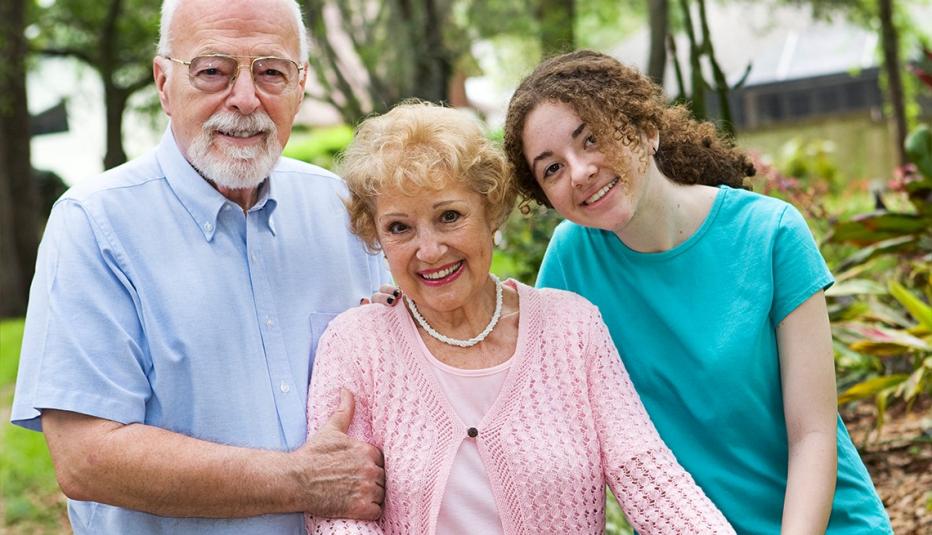AARP Hearing Center
AARP conducted a survey among caregivers and care recipients to examine the emotions they experience as well as how their relationship with their loved one may have changed as a result of caregiving.


Key findings include:
- Four in ten caregivers say they were not prepared to take on the role of family caregiver. Among those who were prepared, only 16% say they were “very prepared”.
- Caregivers experience a wide variety of emotions about their role as a family caregiver. Positive emotions such as being pleased they are able to help (91%) far outweigh the negative. However, over half are stressed (51%) or worried (51%) and many are overwhelmed (40%).
- More than half of caregivers (54%) say they have experienced an unexpected joy in caregiving. This most commonly relates to a sense of satisfaction in helping their loved one as well as learning more about the person they are caring for. On the other hand, about one-quarter (24%) say they have regrets. Regrets ranged from wishing they spent more time with their loved one, being more compassionate to being better prepared both financially and emotionally.
- Like caregivers, care recipients also report more positive emotions than negative emotions. Most feel pleased (91%) or have a sense of gratitude (89%). However, nearly six in ten (59%) say they feel less independent since their loved one began providing assistance.
- Like caregivers, about half of recipients (51%) said they experienced an unexpected joy or positive experience they had not expected when accepting care from their loved one. Most feel a sense of companionship and enjoy the increased time spent together.
- On the other hand, one-quarter (26%) say they have regrets or things they wish they had done differently. Most of the regrets center around living a healthier lifestyle at a younger age. There is a perception healthier lifestyles would eliminate the need for care and reliance on loved ones.
This survey was conducted online using NORC’s nationally representative panel, AmeriSpeak. One thousand and eighty one caregivers were included as well as 479 care recipients. The data was collected from August 31 through September 19, 2017. The data for both caregivers and care recipients were adjusted to correct for potential non-response biases. For more information contact Laura Skufca at LSkufca@aarp.org.






























































